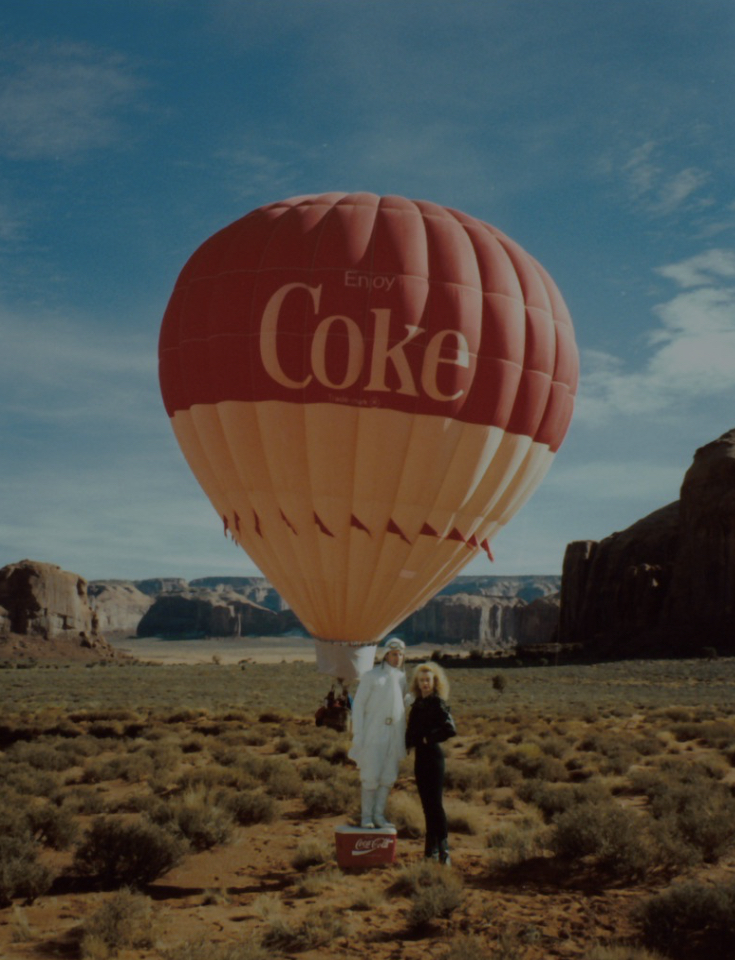
In 1971, Coca Cola aired its famous ad that featured a gathering of young folks from all corners of the earth, each with a Coke in hand, all singing blissfully on a hilltop outside of Rome. “I’d like to teach the world to sing in perfect harmony,” sang the bright-eyed young citizens of the world. “I’d like to give the world a Coke to keep it company.” The award-winning spot was a moment of nirvana in the advertising age and became the iconic ending of the TV series Mad Men. (4/1/20 Author’s Note: The ad was actually the brainchild of Harvey Gabor, then art director at McCann-Erickson. Mr. Gabor is nothing at all like the Matthew Weiner’s bad boys of Sterling Cooper. Big thank you to Miriam Danar and the illustrious and genteel Mr. Gabor their comments on this piece!)
In 2018, at the age of 64, I had a moment of nirvana while meandering on horseback in Monument Valley at sunset. And I did what so many do these days when overcome with awe. I whipped my iPhone out of my jacket pocket and, steadying the phone with one hand while gripping the reins with the other, I tried to capture the moment to store in the cloud for posterity.
Now, in 2020, I am retired from my day job and back at work on the blog that I started after that 2018 trip to the Southwest. Part reminiscence, part current observations, the blog is really my reconnection to the act of writing for pleasure instead of for a paycheck in the corporate world. Monument Valley is just about as far from cubicle life as anyone could imagine, which is why it serves so well as a muse.
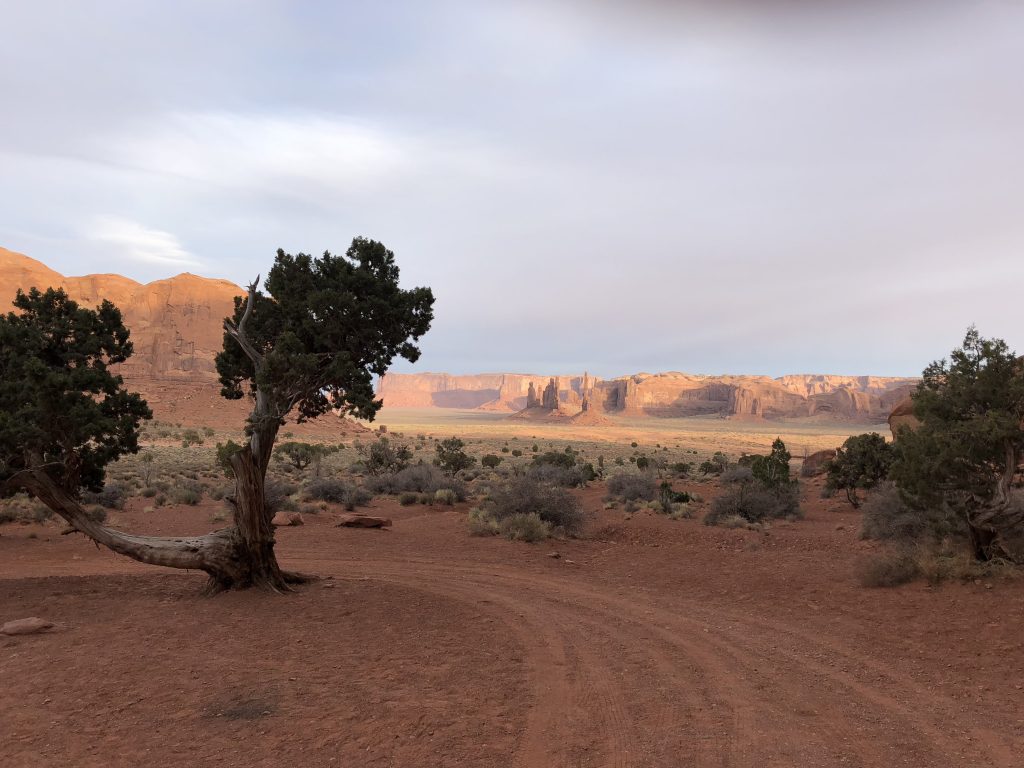
Because writing for myself just doesn’t get my juices going, in resurrecting the blog after retirement, I took the step of launching it into the social media reality show universe. I tossed a few bucks over to Facebook’s ad managers to spread the news via a Facebook page. That was a week ago.
The response (i.e., the accumulating likes and shares and comments) has been uplifting, eye opening and mystifying.
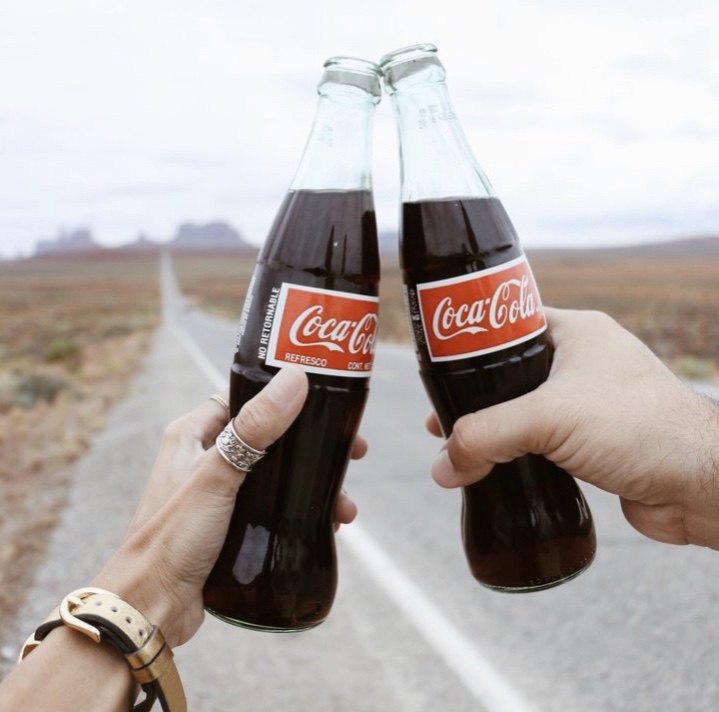
Facebook keeps congratulating me about how many “likes” I have, and my blog itself, which sat dormant for so long, is making the rounds from Queens to Hong Kong and other places I couldn’t have fathomed. The blog has pleased some, amused some, confused some, and enraged some. Comments on one post hurled the cultural appropriation debate forcefully into my lap, initiating an offline exchange that ended with a handshake. It was a tenuous handshake between a boomer and a millennial, but a handshake nonetheless.
There have been a couple of ugly comments (one guy labeled me an “entitled little rich girl”), but, hey, if a grey-haired retiree can’t stand the social media heat, then there’s a button called “delete.” I draw the line at racism, but otherwise, I was raised by a father who’d say “everyone’s entitled to their own opinion.” Negative comments are part of the territory like rattlesnakes in the desert. And Facebook is taking its own heat these days for spreading fake news.
But it’s the gathering of likes on my page that floors me.
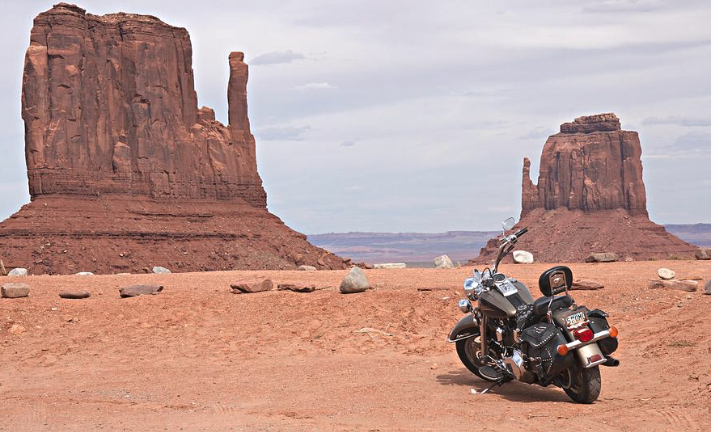
The likes represent all races, many religions, and all sides of the political divide. They represent environmentalists, resistors, 2nd Amendment crusaders, anti-Trumpers, pro-Trumpers, Navajos, African Americans, Mexicans, New Mexicans, Texans, Bostonians, New Yorkers, Alabamans, Californians, Georgians, Muslims, Hindus, Baptists, Catholics, Jews, artists, bikers, preachers, professors, knitters, rodeo riders, doormen . . . .
Though featuring reminiscences of the Southwest, and especially Navajoland, my page and my blog have been “liked” by a couple folks whose Facebook pages are all in Arabic. I have a like from someone whose page is in Armenian.
What is it? What are the Facebook algorithms that spread the word to such a diverse community? What is the impulse to hit “like” of the unknown and untried? I hope some of my “likers” will tell me, because the answer may be an ingredient in a secret sauce yet to be conjured to smooth our divisions.
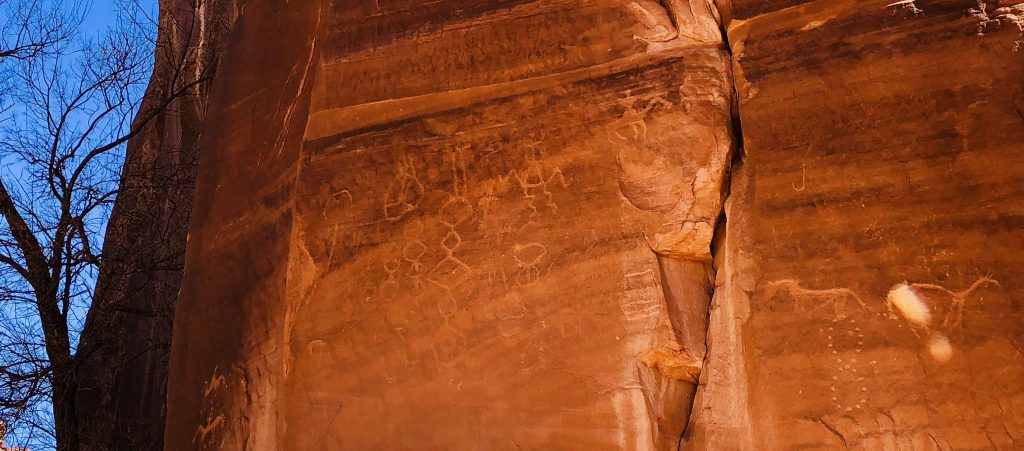
The likes may just be summoned by my original blog site cover image of Monument Valley, harkening back to the days when rocks told stories, when petroglyphs were the social media of the ancient ones.
Or maybe it’s because one of my blogs is about basketball, published after Kobe Bryant went down in the helicopter. Maybe the theme of cultural appropriation struck a chord amidst the cacophony surrounding the bestselling novel American Dirt. Or maybe it’s a shot of Bandelier National Monument I published that speaks of ancient days when life was all about survival and not much else.
Or maybe it’s simply what I thought when I looked out at Monument Valley from the saddle . . . that this is all a dream.
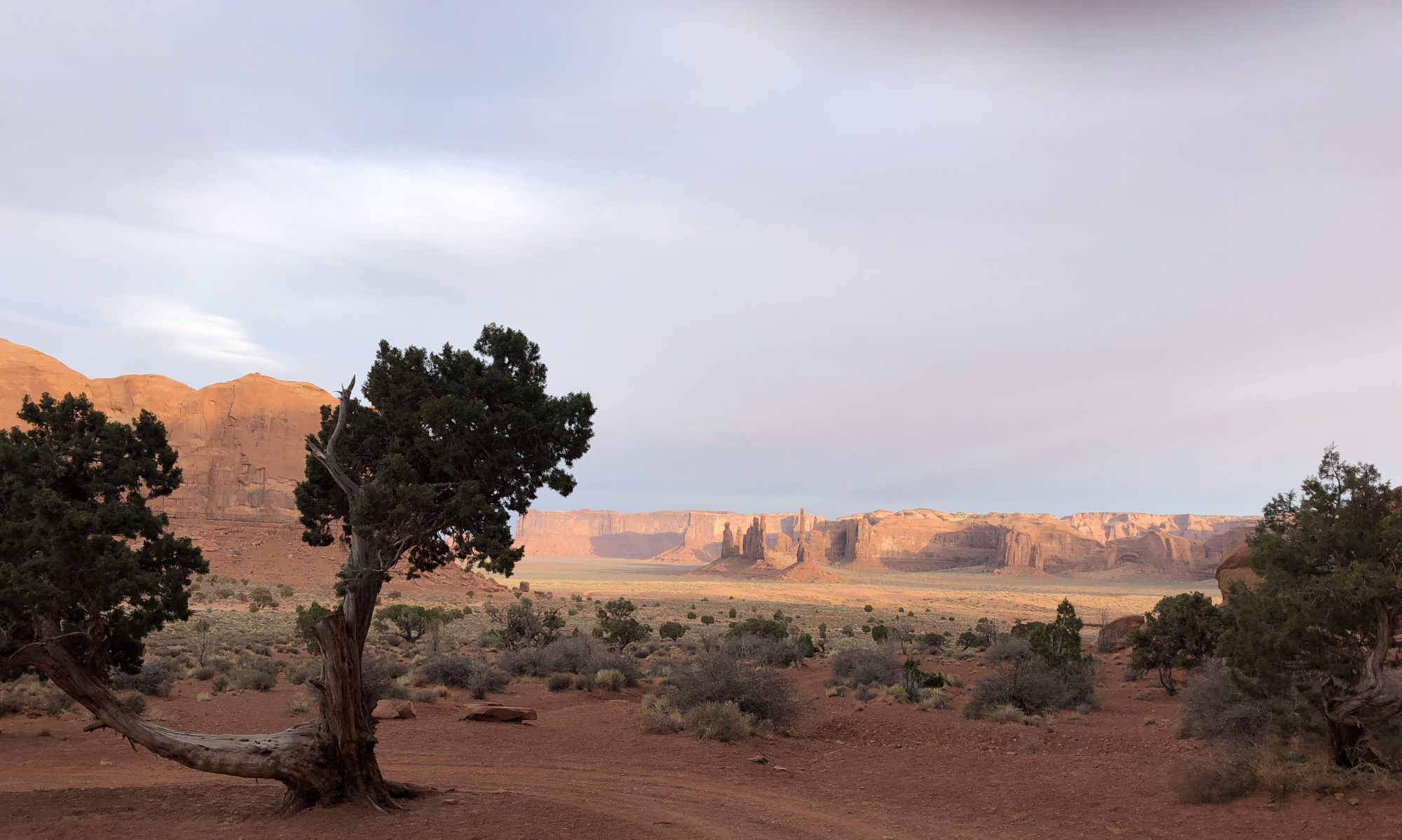
Only a world that has survived multiple eras of imperfect cacophony can ultimately learn to sing in perfect harmony.
I guess, if that is true, this world more than qualifies.
(Said from the midst of a world now near perfect cacophony .
You should take part in a contest for one of the finest blogs on the web. I most certainly will highly recommend this website!